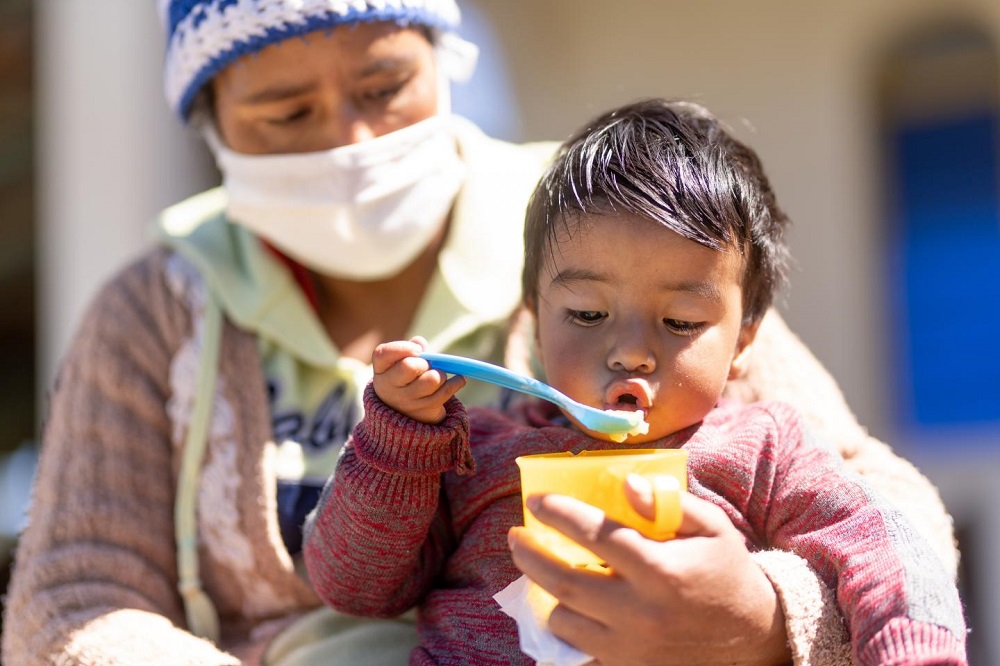Nutrition plays a vital role in the growth and development of children, yet underprivileged families often face barriers to accessing and providing healthy food options. In this blog of Fikrah, we will explore the importance of improving nutritional awareness for underprivileged families and how it can lead to better child health.
The importance of improving nutritional awareness for underprivileged families:
- The Impact of Nutrition on Child Health:
Proper nutrition is essential for children’s physical and cognitive development. It supports immune function, brain development, and overall well-being. Inadequate nutrition can lead to stunted growth, impaired cognitive abilities, and increased susceptibility to diseases.
- Barriers to Nutritional Access:
Underprivileged families often face challenges such as limited financial resources, lack of knowledge about healthy food choices, and limited access to fresh and nutritious foods in their communities. These barriers contribute to a higher risk of malnutrition and related health issues.
- Raising Nutritional Awareness:
Promoting nutritional awareness is crucial to empower underprivileged families to make healthier food choices. Educational programs, workshops, and community initiatives can provide information on balanced diets, meal planning, and budget-friendly nutritious options.
- Community Collaboration:
Engaging the community and partnering with local organizations, food banks, and healthcare providers can enhance efforts to improve nutritional awareness. Collaborative initiatives can provide resources, cooking demonstrations, and workshops to educate families on healthy eating.
- Access to Affordable Nutritious Food:
Addressing food insecurity by increasing access to affordable and nutritious food is crucial. Initiatives such as community gardens, farmers’ markets, and subsidized healthy food programs can improve access to fresh produce and other nutritious food options.
- Empowering Parents and Caregivers:
Providing resources and support to parents and caregivers is essential. Nutrition education programs can empower them to make informed choices, prepare balanced meals, and establish healthy eating habits for their children.
- School and Community Programs:
Integrating nutrition education into school curricula and community programs can have a significant impact on children’s health. Teaching children about healthy food choices and involving them in school gardens or cooking classes fosters lifelong healthy habits.
Click here to know more about “Importance of Balanced Diet for a Healthy Lifestyle”
Conclusion:
Improving nutritional awareness for underprivileged families is a key step towards better child health. By addressing barriers, providing educational resources, and promoting community collaboration, we can empower families to make healthier food choices. Enhancing access to affordable nutritious food and empowering parents and caregivers can create a positive impact on the long-term health and well-being of underprivileged children. Investing in nutritional awareness is not just about physical health; it is an investment in the future of our communities.

